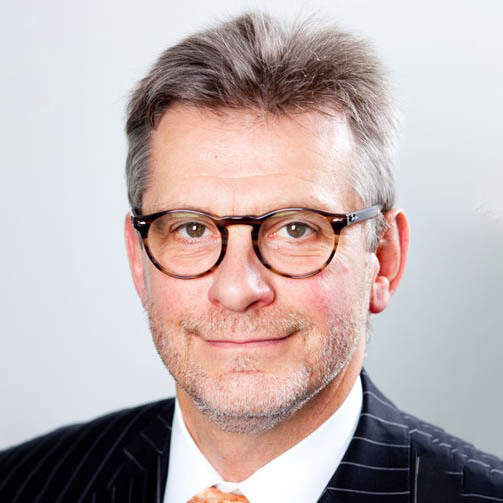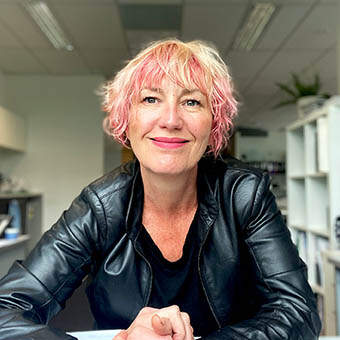Approximately 1,200 people are killed each year on our roads, and almost 40,000 are seriously injured. In light of this the Australian government has set targets of reducing fatalities by 50% by 2030, and zero deaths and serious injuries by 2050.
The first hour after a collision is known as the ‘Golden Hour’. Assistance during this period can be critical for survival. eCall is a system that enables a vehicle to automatically place a call for help to first responders if involved in an accident, even if the occupants are trapped or unconscious.
Using geolocation technology and sensors within the car, trained staff can access critical information, including exact location, speed and direction of travel.
The implementation of eCall in Australia has the potential to save 150 to 200 lives and prevent 2,500 profound injuries each year and significantly contribute to achieving the National Road Safety Strategy and Vision Zero.
Australia requires a similar model to the European Parliament’s establishment of a coordinated approach to ensuring passenger cars and light duty vehicles be equipped with eCall technology and infrastructure for deployment nationally.
eCall is an even more critical requirement in Australia compared to other countries given our expansive roads network combined with a lack of emergency services resources in remote areas.
Local car manufacturers looking at competing in a more discerning Australian market need to start planning for the incorporation of eCall, a critical requirement for driver safety, to their connected vehicle feature list.
To discover the future of driver safety, and to learn from experts on:
- how eCall works and real life case studies in the Australian market
- how Europe benefitted from mandating eCall
- the application of eCall in Australia from a road safety and automotive industry perspective
- its application and impact on Australian car manufacturers
Who will find it useful:
- vehicle manufacturers
- the Intelligent Transport Systems (ITS) community
- health and emergency services community
- state and federal legislators / governments
Join our webinar – How eCall in Australian Vehicles Can Help to Achieve Vision Zero Fatalities – to learn more on November 9.
Recording
Additional Videos
During the webinar reference is made to several supporting videos, included below.
Panellists

Andy Rooke
Senior Vice President / British-APCO
Andy Rooke is one of the foremost experts worldwide in emergency call (eCall). He was part of the original eCall concept team in Europe, and project coordinator for the European eCall projects, which advised European member states on eCall deployment.
He has been at the forefront of eCall deployment in Europe leading all European eCall pre-deployment projects, culminating in the sAFE project which he is the Technical Implementing Officer dealing with after-market eCall in Europe across all vehicle categories, including data integration and the next generation of eCall based on LTE and beyond.
He is providing guidance on eCall deployment in Japan, Russia the Middle and Far East.
Andy is a member of CEN 278 Working Group 15 dealing with the technical standards for eCall.
Andy is the Senior Vice President for British-APCO, sitting on the UK Government 999 (911-112) Liaison Committee, and is Chair of the 999 Liaison Committee App Approval Group.
Andy was invited to join the Global Advisory Board of CARBYNE Homeland Security in 2017 specialising in eCall and emergency services.
Andy has a wide experience of intelligent transport systems & services having worked in The Netherlands, and Belgium with ERTICO ITS-Europe for the past 9 years
Andy’s background is law enforcement, as a senior UK police officer specialising in road policing. He was also a Senior Investigating Officer for road death. As part of his speciality in telematics and intelligent transport systems, he was a technical advisor to all UK Police Agencies and Road Policing agencies across Europe.


James Hurnall
Director - Policy / ANCAP SAFETY
James Hurnall has a Mechanical Engineering Degree and also a Masters of Business and Technology from the University of New South Wales. He has a lengthy career in vehicle safety and regulation having worked as the Technical Director at the Australian Automobile Association, the Federal Chamber of Automotive Industry (Australia’s vehicle industry’s national association) and is currently the Policy Director at ANCAP, Australasia’s independent vehicle safety authority. James has been actively involved with helping prepare Australia for the introduction of connected and automated vehicles and is leading ANCAP’s introduction of testing of assisted driving systems.


Katherine Anderson
Product Owner, Intelematics ASURE / Intelematics
Katherine has extensive CX & Account Management experience. Having worked in Operations in Australia and overseas, she is accustomed to handling unexpected situations. At Intelematics, Katherine is a key contributor in helping ASURE refine its Ops readiness capabilities as the demand for vehicle Safety & Security solutions grows.


Stacey Ryan (Moderator)
Policy Manager / ITS Australia
Stacey brings to ITS Australia more than 20 years’ experience in communications, policy, and engagement in the public and private sector. In government, she worked in highly regulated environments including transport, planning, liquor and gaming, and emergency services. Stacey has a strong policy development and legislative background and managed engagement and building strong relationships with external stakeholders across all levels of government, NGOs, clients, collaborators, and the media; fostering partnerships that collaboratively work to solve problems we collectively face.

